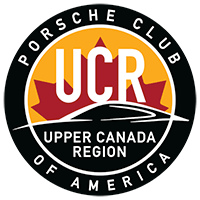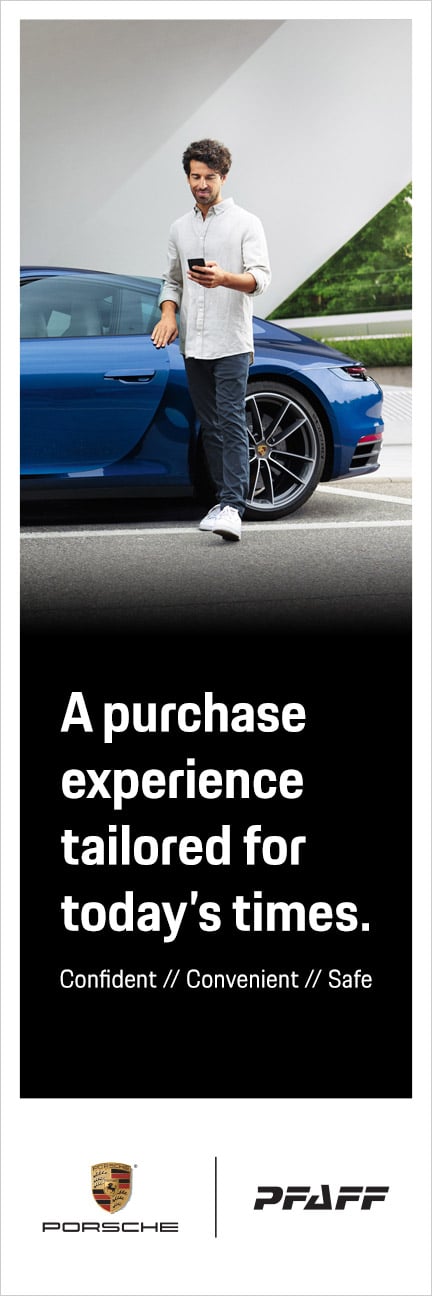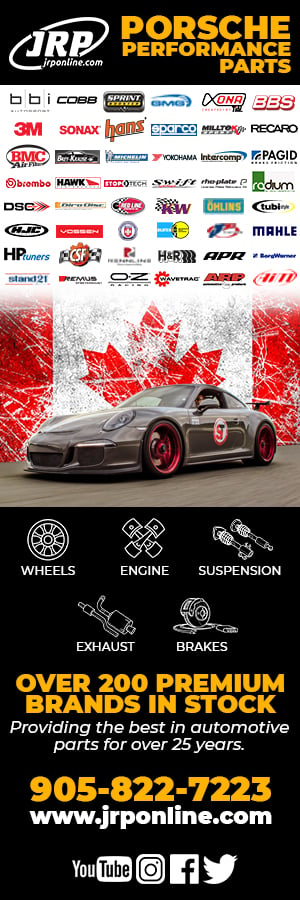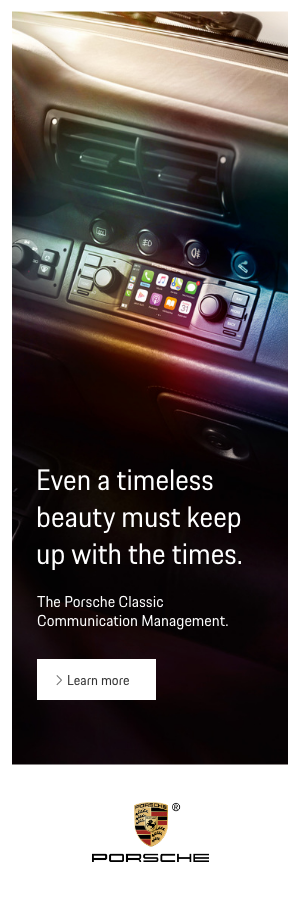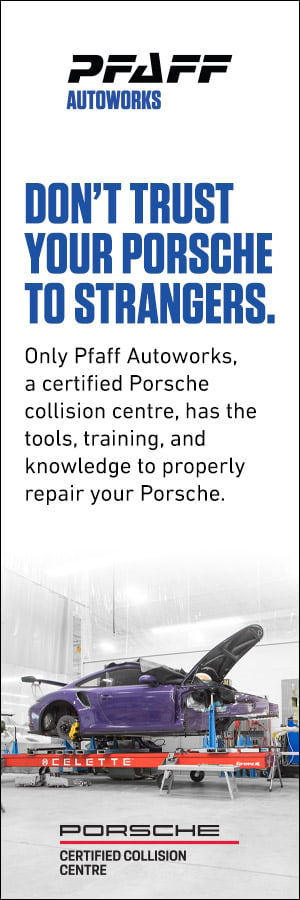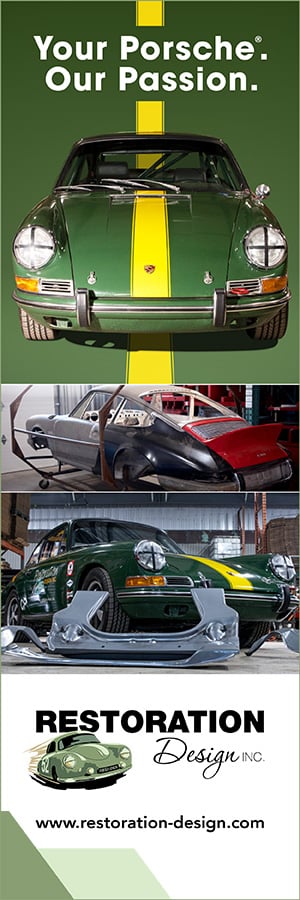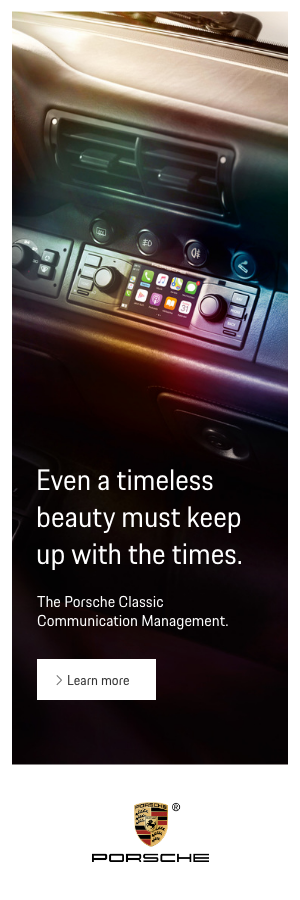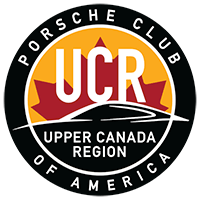Derek Cheung Interviews Downtown Porsche’s Classics Guru
More than 70% of all Porsche vehicles ever built are still on the road today. Many of our members own both a Classic Porsche and a newer Porsche. Provinz had the opportunity to interview Brian Ramoutar, Classic Car Technician at Downtown Porsche, to get his take on Porsches, both classic and modern.
Provinz: How and why did you get involved with Porsche?
Downtown Fine Cars (now Downtown Porsche) was where I posted for my first Technician job after finishing college.
Provinz: Can you tell us about your training to become a Porsche Classic Car Technician?
When I started here, all Porsche sold was the 911 (964) and it was air-cooled. There was no Boxster/Cayman, or Cayenne. The only water-cooled vehicles at the time were the 928, 968, 944 and 924.
Provinz: Do you remember on the first day of your journey with Porsche and what Porsche did you work on?
Yes, it was a white 964 Turbo, and although it was just a service, the memory is still fresh in my mind.
Provinz: What’s your current role at Downtown Porsche?
I am a ZPT (Zertifizierter Porsche Techniker ) Certified Porsche Technician having attained Gold level.
Provinz: I heard that there are only a few Gold certified techs out there, so this is indeed quite an achievement. Could you tell our readers more about the Apprentice Program that gave you the certification?
Of course. The Porsche Technology Apprenticeship Program has three levels of apprenticeship certification: Bronze, Silver, and ultimately through to Gold. You’re right, the Gold certification is prestigious and rare with only 700 in the world. We are fortunate to have a total of 4 ZPT Gold techs at Downtown Porsche.
To obtain this top ranking, apprentices need at least at least five years of experience working on and diagnosing Porsche vehicles. There is also a continuing education portion, with classes and programs to complete each year. Finally, Gold-level candidates must pass a final examination – consisting of a diagnosis of multiple issues in a Porsche vehicle within a set time limit (a “blind” test, since the model and year of the vehicle is not previously revealed).
All Porsche Certified Technicians work exclusively for Porsche dealerships because this will ensure that they have all the requisite access to complete sets of specialized Porsche tools and computerized equipment, needed to maintain and service Porsche vehicles and also keep their skills sharp.
Provinz: No wonder there are only a handful who can achieve Gold level. Can any mechanic / technician apply for PTAP?
All Porsche Certified Technicians work exclusively for Porsche dealerships because this will ensure that they have all the requisite access to complete sets of specialized Porsche tools and computerized equipment, needed to maintain and service Porsche vehicles and also keep their skills sharp.
Provinz: Equipment which I’m sure Downtown Porsche has in abundance. How long have you been with the dealership anyway?
I started with Downtown Fine Cars (the predecessor of Downtown Porsche) in July 1990, and have been there ever since!
Provinz: Wow, edging on three decades. You must have seen a lot of changes to both DFC and Porsche in equal measure over the years. Any thoughts on how these changes have shaped the product landscape of the brand and, by extension, your work?
Porsche has evolved yet retained much of its origin. Technology itself has evolved from the air-cooled to the current water-cooled models, and will continue to evolve even more as we see more hybrid and electric models released. The number of vehicles has continued to expand from the original Boxster in the late 90s to SUVs and sedans (Cayenne, Panamera and Macan) of the early- to late-2000s. But despite all of the new models released, there is still quite a loyal following of the original air-cooled, classic Porsche models today.
Provinz: I’m interested in how things were when the mid- and rear-engine, water-cooled Porsches first came to the dealership. What was your take on the technology change and advancements at that stage?
Air-cooled engines could not keep up with evolving standards. Porsche moved from two valves in the cylinder head to four valves and needed to water-cool the cylinder head to accommodate that change. Even with this change, Porsche retained the dry sump oil system and the growl of the engine sound. New technologies also changed suspension systems, increased engine performance as well as safety. Becoming strong in diagnostics became an important skill to hone!
Provinz: What is your favourite classic Porsche for the street and for racing? From the standpoint of a Master Technician, which Porsche did you find the best to work on?
My favorite Porsche street car is the 930 and race car, the 917. The best Porsche to work on would be any of the G- series 911’s.
Provinz: Those are indeed special cars. Did you get a chance to climb inside the tiny cockpit of the 917? And in the context of being exposed to all sorts of Porsches through your career, what about the 930 made it particularly special?
Yes, I did have the chance to climb into a 917 and it was definitely a very tight fit. As for the 930, I really loved the feeling of the boost and how it would kick you back in your seat when it kicks in. It really is something very special.
Provinz: Fast forward to something a little more current. Have you been working on anything cool lately?
I recently finished working on a Carrera GT and this is definitely one of my all-time favourite cars to work on and to be honest, I’ve worked on quite a few of them. I am also a big fan of the 918 Spyder.
I recently finished working on a Carrera GT and this is definitely one of my all-time favourite cars to work on and to be honest, I’ve worked on quite a few of them. I am also a big fan of the 918 Spyder.
In 2018, I had the opportunity to work on a 959, another fun car to work on; an absolute legend in the Porsche family. To see such advanced technology on a car that was built and designed in the ‘80s is something quite amazing.
Provinz: What is the hottest Classic Porsche that you have ever worked on?
Now that the Carrera GT is a classic, it would definitely be the hottest. Also, a 1987 RUF Turbo. I loved working on my own 993 Turbo.
My 993 Turbo was really fun to own. I had the opportunity to take it on Mosport a couple of times as well. In terms of modifications, I had installed a Porsche Motorsport suspension on that car which greatly improved its handling.
Provinz: The 993 is my personal favorite classic 911. How was your ownership experience?
My 993 Turbo was really fun to own. I had the opportunity to take it on Mosport a couple of times as well. In terms of modifications, I had installed a Porsche Motorsport suspension on that car which greatly improved its handling.
Provinz: Do you prefer stock Porsche’s or are you impartial to modifying them?
I prefer them stock with the exception of the old CIS system.
Provinz: Makes sense that you would like the original flavor straight from the factory as a Porsche Classic technician. Can you elaborate more on what the CIS system is, and what woes it may have caused for you to come up with this exception?
The CIS System is a piece of older technology, a fuel injection setup which became less reliable and more finicky as it aged. Upgrading it to a more modern electronic fuel injection system would make owning and maintaining the vehicle more reliable.
Provinz: On the topic of reliability, when and what was your first air-cooled engine rebuild? Any surprises?
It was 1977, and a 2.7 L. The 2.7L had a magnesium case, which always made it a challenge to work on. Due to the soft nature of magnesium, the thread always seemed to come out which made it more difficult to work on.
Provinz: Are you a devoted classic car technician or do you also enjoy working on the newer Porsche’s?
No, I enjoy working on all Porsche sports cars, including the 918 Spyder.
Provinz: The 918 would certainly be representative as the pinnacle of the modern Porsche. How does the 918 Spyder compare to the 917?
These two models (918 vs. 917) really can’t be compared. They are two different animals altogether from two very different technical generations. Both are legends in their own right.
Provinz: What keeps you motivated to continue to work with Porsche cars?
I find that every day is a new challenge. Over the years, there have been so many changes and advancements in the technology that is incorporated into each new generation of Porsche. This keeps us on our toes and requires us to constantly evolve our training and skillset. At the same time, we still need to preserve our skills in maintaining the classic Porsches.
Provinz: Speaking of the classics once again, Downtown Porsche is one of the 12 Porsche Centres that are participating in the inaugural Porsche Canada Classic Restoration Challenge. Downtown Porsche’s entry is a 1996 911 Carrera 4S. Is there any particular reason why this car was chosen for the competition?
The vehicle has had a long service history with the dealership, so when the opportunity came up it seemed like an ideal candidate as it was in need of some TLC.
Provinz: How does this restoration vehicle compare to the 993 in your stable that you mentioned?
Mine didn’t require restoration as I owned it within its era. It was definitely a sad day when I had to part ways with mine. If I had the chance to own one again, I wouldn’t think twice. The current market pricing of a clean 993 Turbo is astronomical now so who knows when something good will pop up again.
Provinz: I’m sure that’s a sentiment that many of our readers would share. Thanks for spending your time with us, and we look forward to seeing the final results of the Classic Restoration Challenge. Best of luck, Brian and Downtown Porsche! </>
Photos by Derek Cheung
